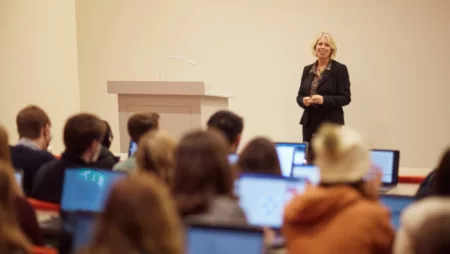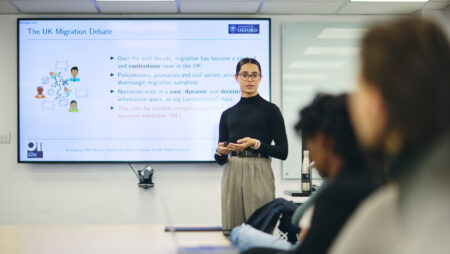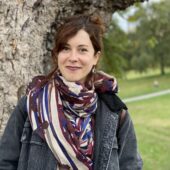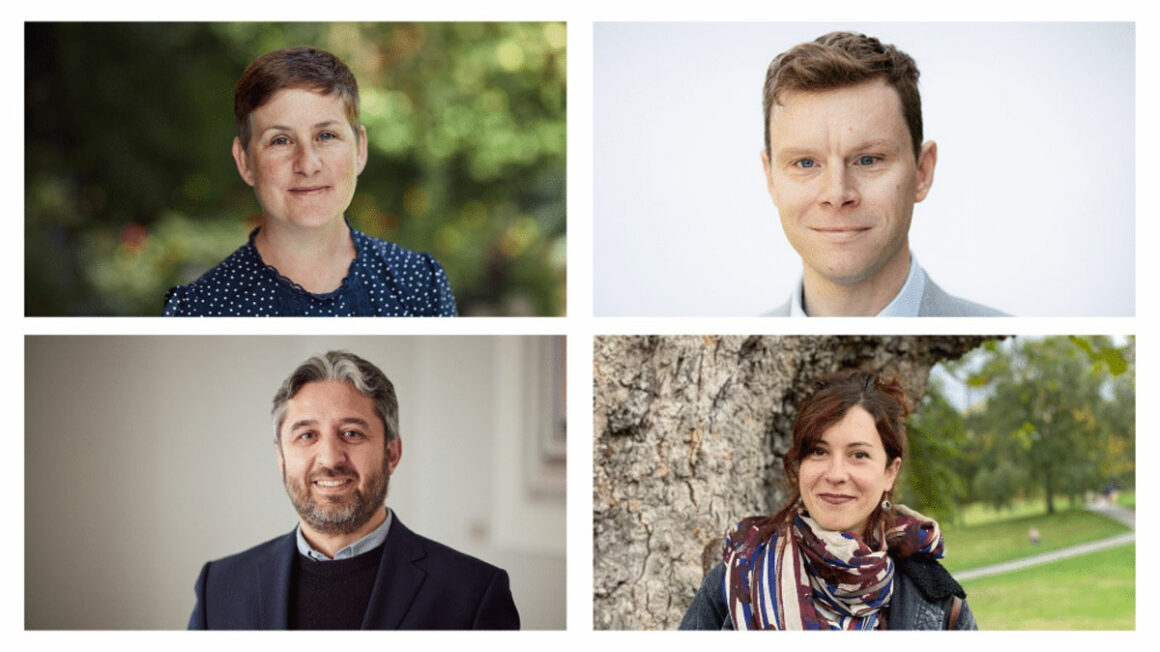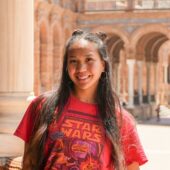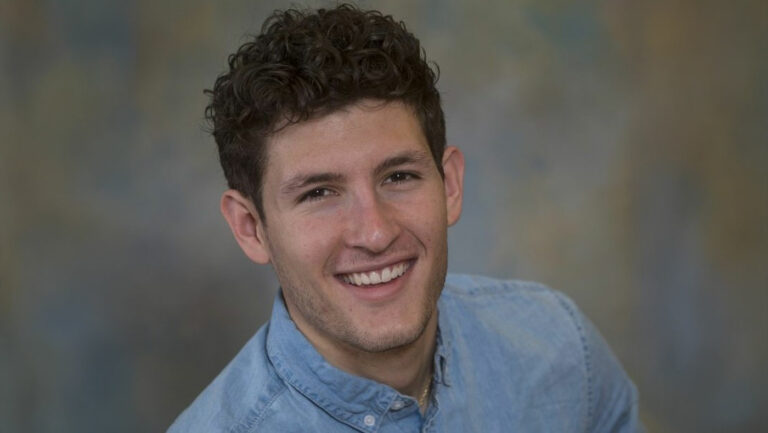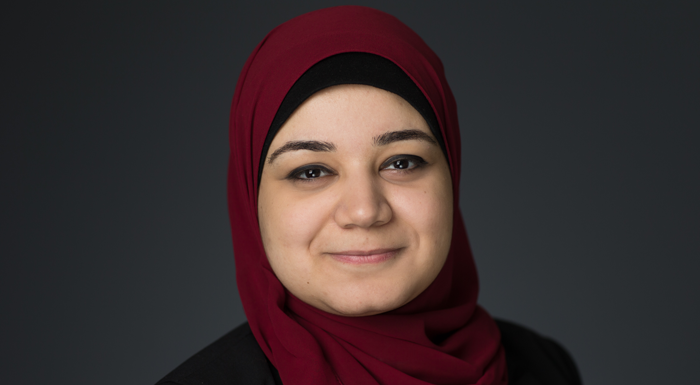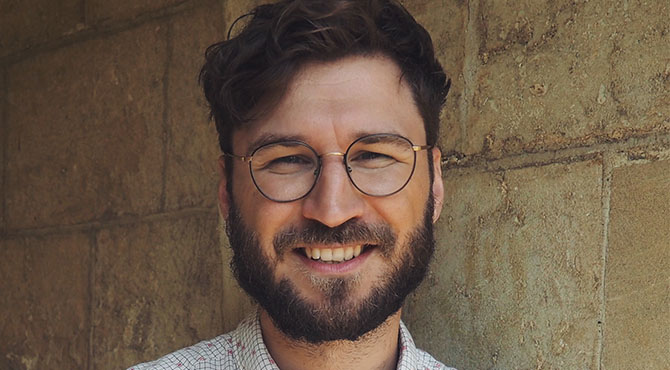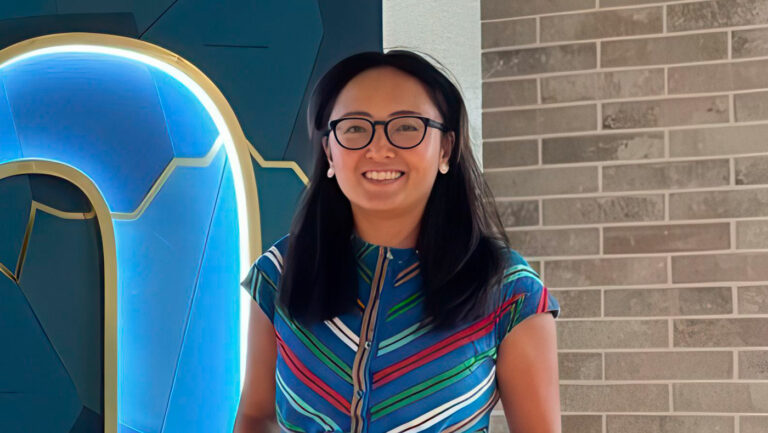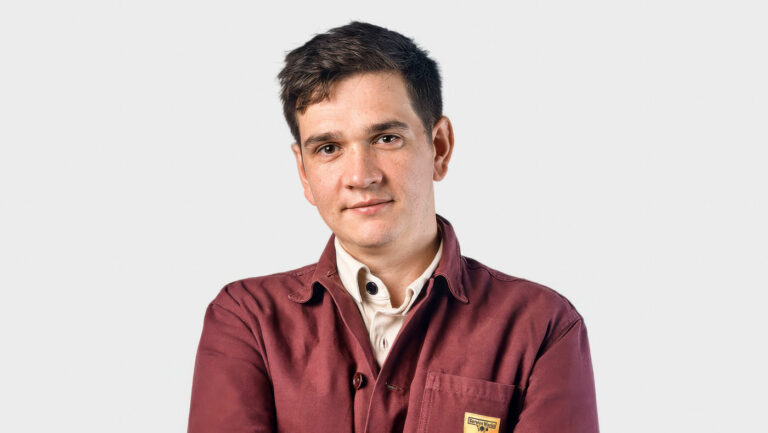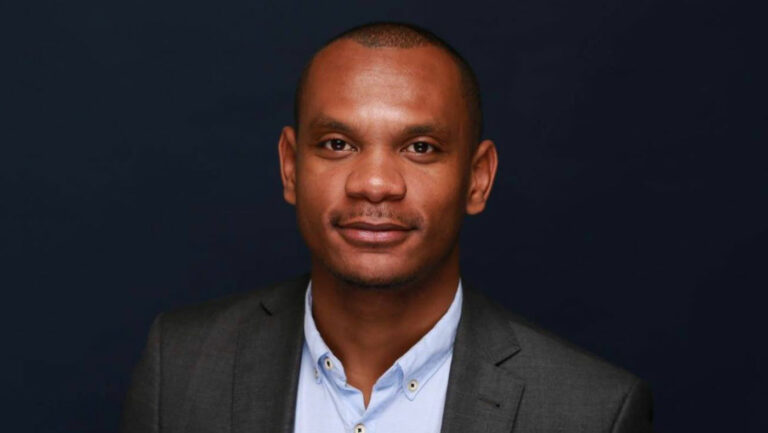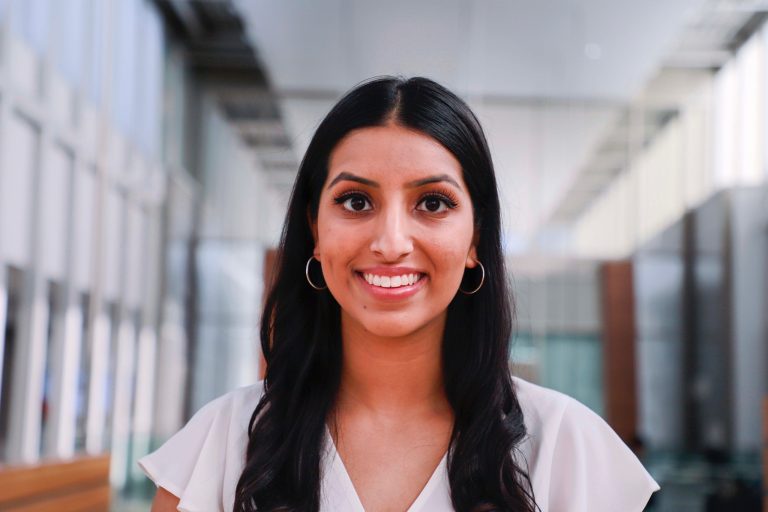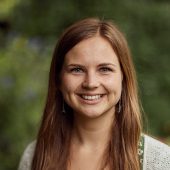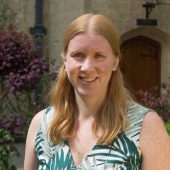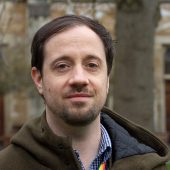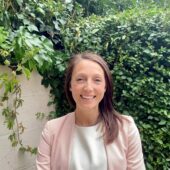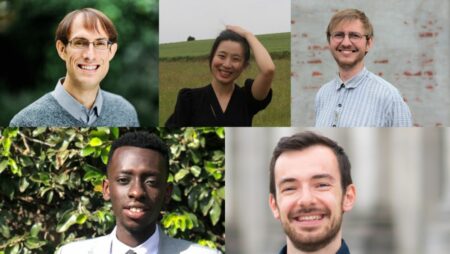Meet: Carla Intal
- OII programme studied: MSc Social Data Science
- Previous degrees: BSc Economics, University of the Philippines; MSc Applied Economics, Johns Hopkins University
- Home country: Philippines
- Current role: Senior Insights Program Manager, LinkedIn
What are you up to now?
I’m an Insights Program Manager at LinkedIn. Every day is different, but the core of our work is uncovering interesting data and trends that show the value of LinkedIn products to members and customers.
I manage insights for the Thought Leadership programme in our Sales Navigator product, studying aggregate buyer and seller behaviours. Using LinkedIn data, I answer questions like: What’s the shortest path to building a buyer–seller connection? What skills do top-performing sellers have? How can AI improve seller performance? What online actions signal a buyer is ready to purchase?
The goal is always to prove Sales Navigator’s value, and the hypothesising never ends, which makes my work exciting.
Why did you choose the OII?
Before the OII, I worked in economic research, holding degrees in economics and serving as a macro researcher at the IMF. There, I discovered data science, and once I realised I could apply computational science and machine learning to solve social science problems, I was hooked. I took courses, learned Python, and began using it in my analytical work.
I decided to challenge myself and commit to full-time study. When the OII launched its MSc Social Data Science in 2018, I was thrilled – it was exactly what I wanted: a data science programme with a social science focus.
My research interests lay in networks, having studied interconnections across economies, trade, finance, and labour at the IMF. With network science a core SDS area, I was paired with a thesis advisor specialising in network theory and won the Thesis Prize for outstanding dissertation.
Highlights from the course
I’ll never forget our debates on data and information in the Foundations and Frontiers courses. I think that these discussions are what makes an Oxford education truly unique; they trained me to think critically, be open to alternative perspectives, and recognise my own echo chamber. I can still hear Viktor Mayer-Schönberger urging us to “Be bold!”
The richness came from the class itself. The OII’s strength is in its multidiscplinarity, and in my SDS cohort, we had people from law, linguistics, sociology, political science, economics, maths, statistics and more. We learned from each other, borrowing methodologies across fields and applying them in new ways.
Studying at Oxford
Oxford is the city of dreaming spires – charmingly beautiful, with a rich heritage. It was surreal to study where renowned scholars, world leaders, and Nobel laureates once sat.
Beyond the scenery, what made Oxford special were the people. Everyone I met was passionate about something, whether literature, languages, maths, chemistry, or music. And you’d meet them over a pint at the King’s Arms or at Freud’s, a Victorian-era church turned nightclub. That blend of history, intellect, revelry and irreverence was irresistible.
How did the course help shape your path?
I credit my career pivot from public policy to tech to my Oxford degree.
In my first term, I tested the waters by applying to tech jobs and listing my SDS degree, even though I’d barely begun the programme. I got calls from nearly every application. That’s when I realised its value. I also realized that my skill set as an economic data scientist was valuable in other fields. There are companies who seek data scientists with an economics background, to solve business problems, or analyse consumer behaviour, or do industry research and insights.
I was ecstatic when LinkedIn hired me. I was drawn to its core vision and mission: “Create opportunity for every member of the global workforce; connect the world’s professionals to make them more productive and successful.” This resonated deeply after my decade at the World Bank and IMF. Its data on labour, jobs, and skills was familiar, and its nature as a social network aligned with my research in networks.
What stuck?
The multidisciplinary approach of the OII was one of the things that stuck with me, enabling me to explore different methods and look beyond my domain when problem solving. For example, a question like “What are sellers reading on LinkedIn?” could be answered with basic analytics – but it’s more interesting to use LLMs for social listening or network analysis for topic clustering.
Another lesson taught by the OII that I still use today is our responsibility as data scientists to uphold data ethics and integrity. That means ensuring data is sourced, stored, and reported correctly; is compliant with GDPR and other standards; and what is reported is credible and representative of the truth. Handling member data makes this responsibility even more important.
If you’re thinking about applying…
Firstly, pick a lane and focus on it. Knowing my identity as a researcher, that my niche was in macroeconomics and my method of choice was networks, helped me focus my application and coursework. But if you don’t yet have a lane, that’s fine – many discover the path that suits them at the OII. I stumbled upon the agent-based modelling class and found it fascinating, despite never having heard of it before.
Secondly, enjoy Oxford life! Study is the priority, but some of my best memories are from outside the classroom: lunch at Gloucester Green, attending friends’ college formals, watching Eurovision with the Oxford Philippines Society, and incubating start-up ideas at the Oxford Foundry. These experiences made my time unforgettable.



